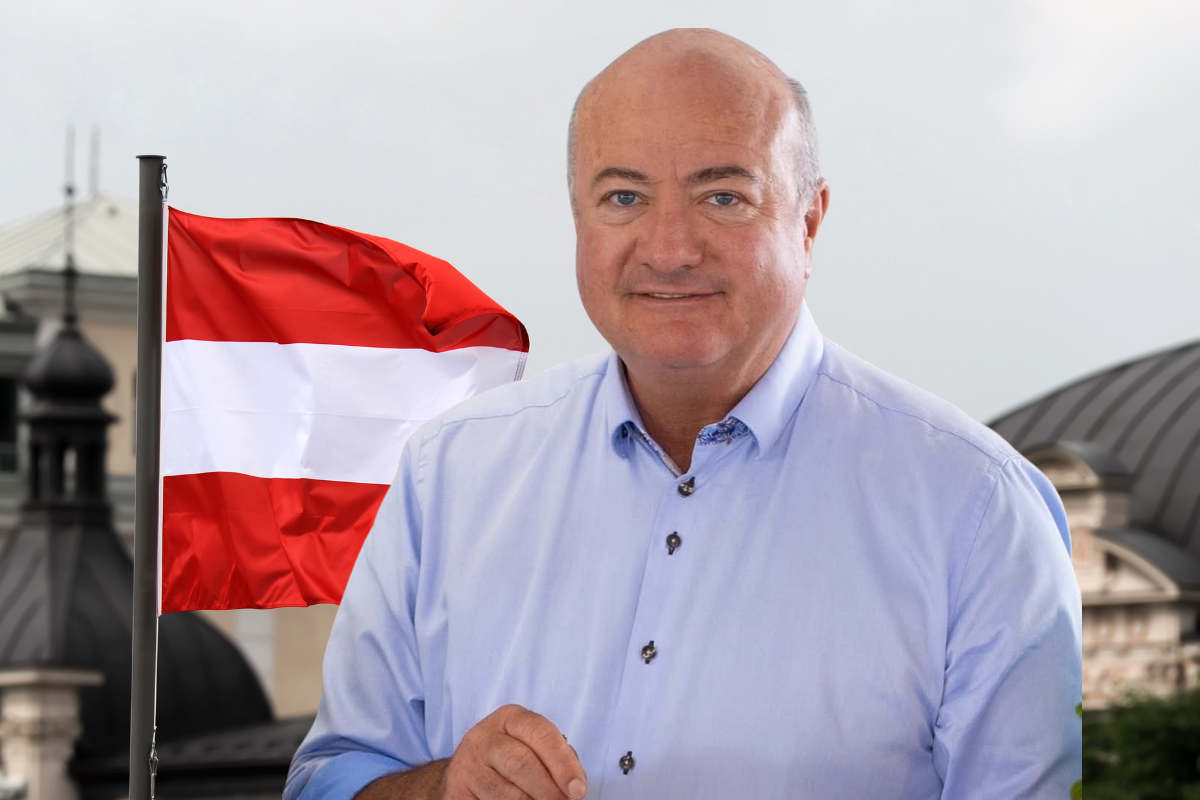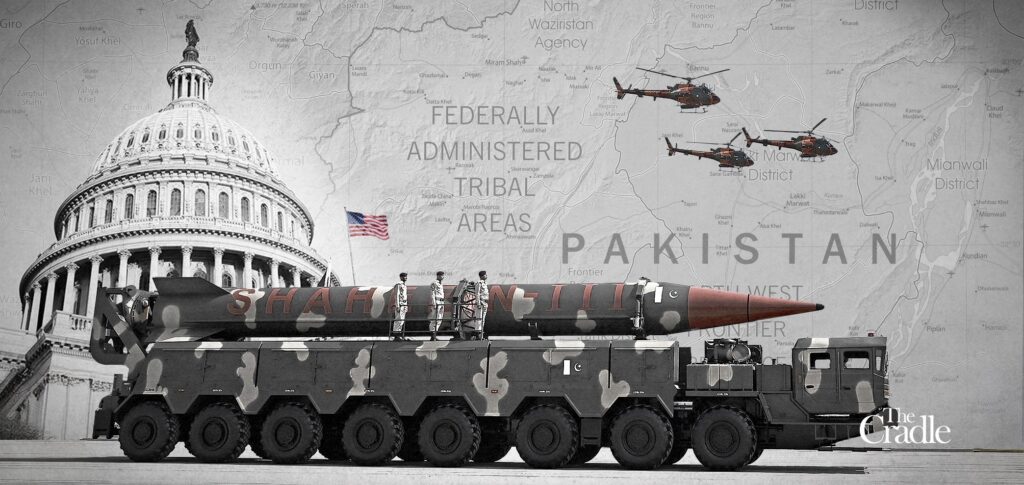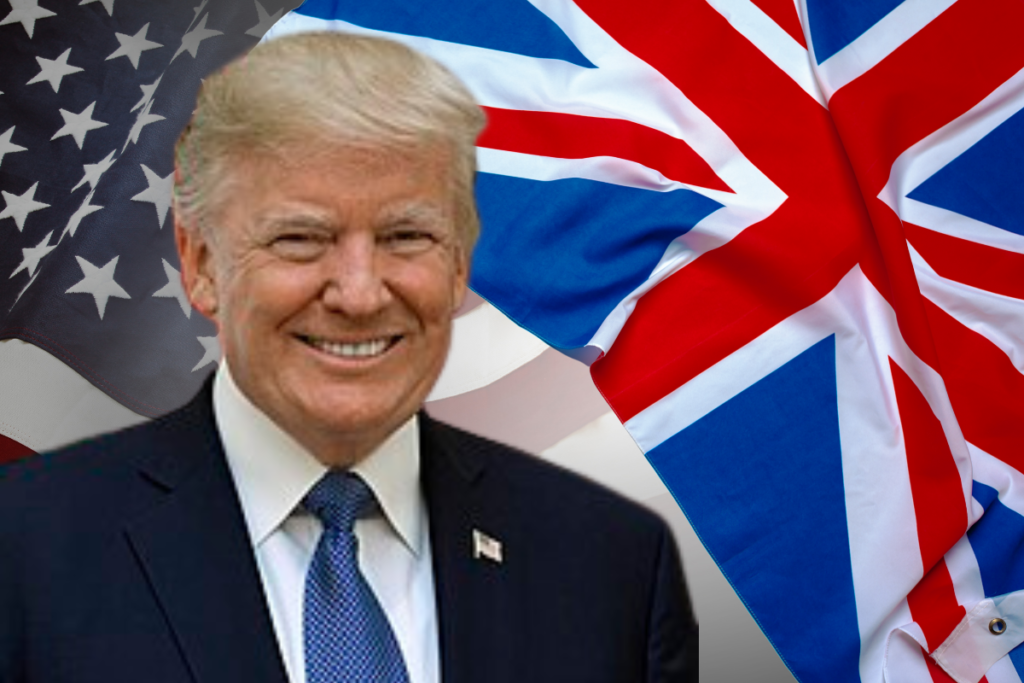In a move that could change Austria’s politics, Christian Stocker, the new leader of the ÖVP, is open to coalition talks with the far-right FPÖ. The announcement comes as the FPÖ’s support is rising. It reflects a wider shift towards nationalist politics in Europe.
Stocker, 52, was elected as the ÖVP’s leader on 4 January. This was due to declining public support for the party under its previous leadership.
His appointment may mark a shift for Austria’s conservatives. They seek to regain public trust before the 2026 elections.
Austria’s Political Shift
The ÖVP and Greens’ coalition faces criticism over inflation and migration. Meanwhile, the FPÖ’s popularity has surged. Recent polls show it has about 30% support.
In his first press conference, Stocker acknowledged the momentum. He stressed the need to address voter concerns.
“The Austrian People’s Party is committed to stability and listening to the will of the people,” he said. “We are open to exploring all possibilities to build a government that reflects democratic choices.”
This marks a notable shift from the ÖVP’s previous reluctance to align with the FPÖ. The two parties have formed coalitions in the past, most recently in 2017.
Critics warn that a renewed partnership could inflame divisions. The FPÖ has a hardline stance on immigration and is Eurosceptic.
Far-Right Momentum
The FPÖ, led by Herbert Kickl, has gained traction. It positions itself as the voice of anti-establishment politics.
Kickl’s platform, which opposes EU migration policies, resonates with voters. They are worried about security and national identity.
“We are prepared to deliver real change,” Kickl said on Friday, 5 January, in response to Stocker’s remarks. “If the People’s Party is ready to embrace the priorities of the Austrian people, we welcome the chance to govern together.”
However, Kickl’s controversial, xenophobic rhetoric worries Austria’s political centre and left. Critics warn that such a coalition could weaken Austria’s democracy and its EU standing.
Domestic and International Debate
A potential conservative-far-right coalition has sparked heated debates in Austria. Supporters say the alliance could lead on key issues, like inflation and migration. Detractors fear it may deepen division and embolden divisive politics.
“Austria is at a crucial juncture,” said Barbara Hofer, a political analyst. “The FPÖ’s rise reflects real voter frustrations. But, partnering with them risks Austria’s democracy and its role in Europe.””
Austria’s shift mirrors broader trends across the continent. In recent years, Italy and Hungary have seen a rise in right-wing populist parties. Economic instability and disillusionment with centrist parties drove this trend.
The Road Ahead
Christian Stocker’s leadership represents a pivotal moment for the ÖVP and Austria’s political future.
As coalition talks loom, Stocker’s choices will shape his party. They could decide if Austria backs a conservative, far-right government or seeks an alternative.
For now, Stocker has emphasised the need for pragmatism and unity in tackling Austria’s challenges. Yet with a divided electorate and the shadow of history looming over potential alliances, the stakes remain high.
With the 2026 elections approaching, Stocker’s approach will dominate Austria’s politics. Many will watch for a possible ÖVP-FPÖ coalition.



